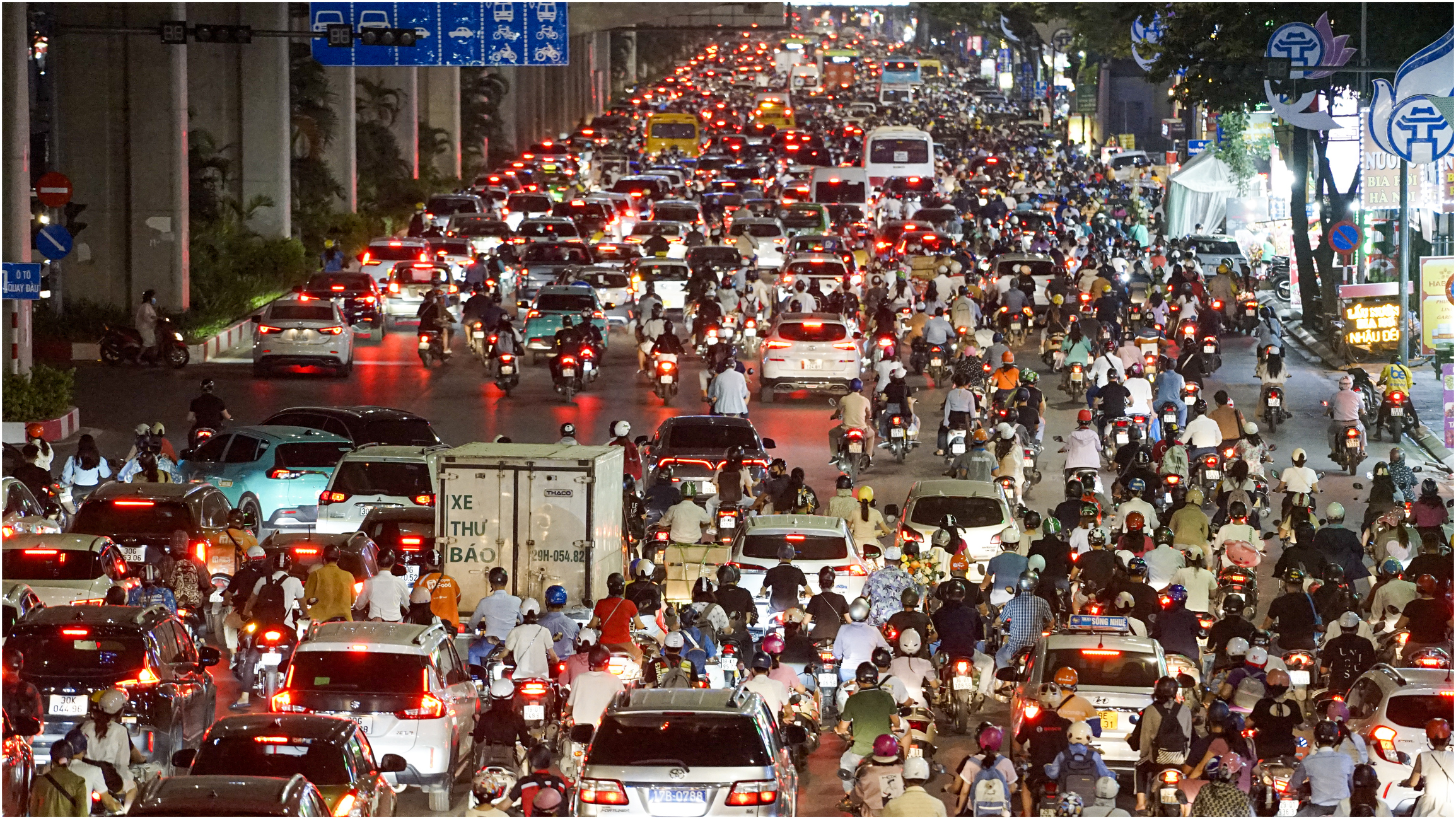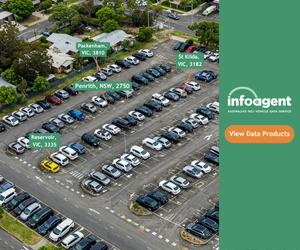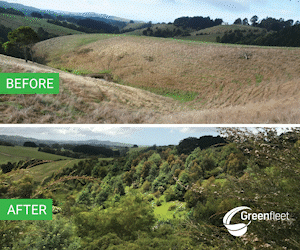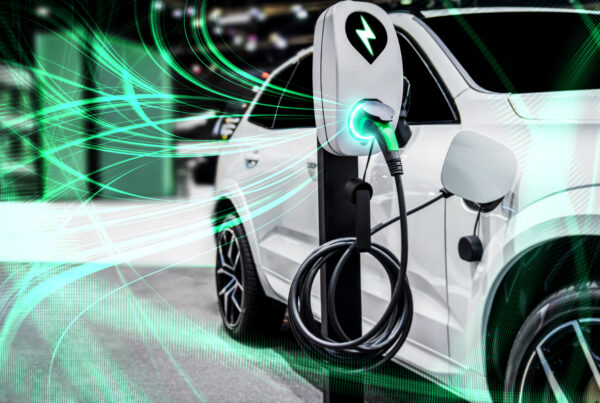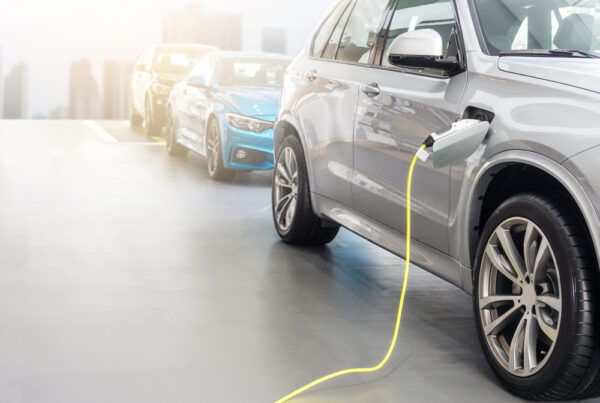Vietnam’s government is set to reward its citizens who ‘snitch’ on traffic violators according to a new law enacted last January 1. Vietnamese citizens can earn up to 5 million VND (AUD 317) when reporting traffic violations under Decree 176/2024.
THE NEW SNITCHING LAW
The Vietnamese government created the ‘citizen snitching’ program after previously announcing a new set of strict traffic set of strict traffic laws. Additionally, Decree 176/2024 aims for this citizen initiative the citizen initiative to reduce accidents and improve motorist behaviour.
Vietnam previously faced troubles with rising cases of traffic violations. According to the South China Morning Post, traffic accidents “claimed 30 lives a day” along with slow-moving traffic. Thus, the government sought to reduce these cases with higher fines.
CITIZENS’ WORRIES
Some Vietnamese citizens are unhappy with this change, reported Radio Free Asia. Vietnam’s citizens currently earn an average of 7.7 million VND a month (489.84 AUD). These increased fines can easily drain a repeat violator of their savings. Last January 5 alone, police caught 70 traffic violators in Ho Chi Minh during a celebration of the country’s first place win at the ASEAN Cup.
For example, running a red light previously cost the violator some 4 million – 6 million VND (AUD127 – 381). After the new year, the fine has been upped to 18 million – 20 million VND (AUD1143 – 1270). Drivers who attempt to reverse on expressways were previously fined 18 million VND but now must pay up to 40 million VND instead (AUD2541.50).
Not only are the fines higher, but traffic has congested on the streets of Vietnam due to people stopping at a green light. Motorists have been stopping at green lights out of fear that the light might “suddenly change” while they cross.
The cash rewards for ‘snitching citizens’ will come from the paid fines of the violators, which is up to 10 per cent of the overall fee. Fortunately for the violation-reporters, their identities will remain anonymous for their safety. The remaining funds from the violators’ fines will go towards the government’s other traffic-related efforts, such as equipment, maintenance, patrol vehicles, and congestion management.
Did you find this article interesting? Let us know by leaving a like!

